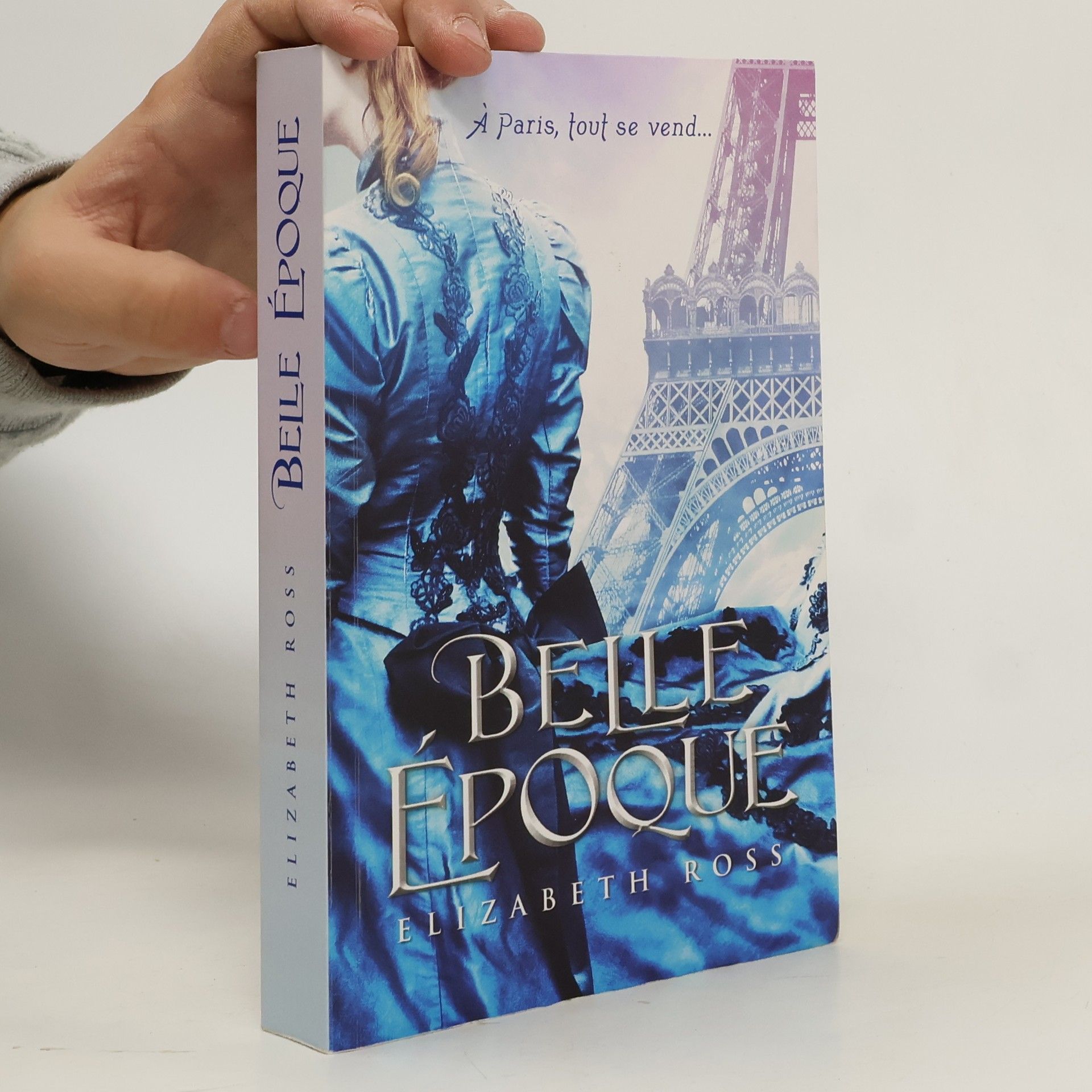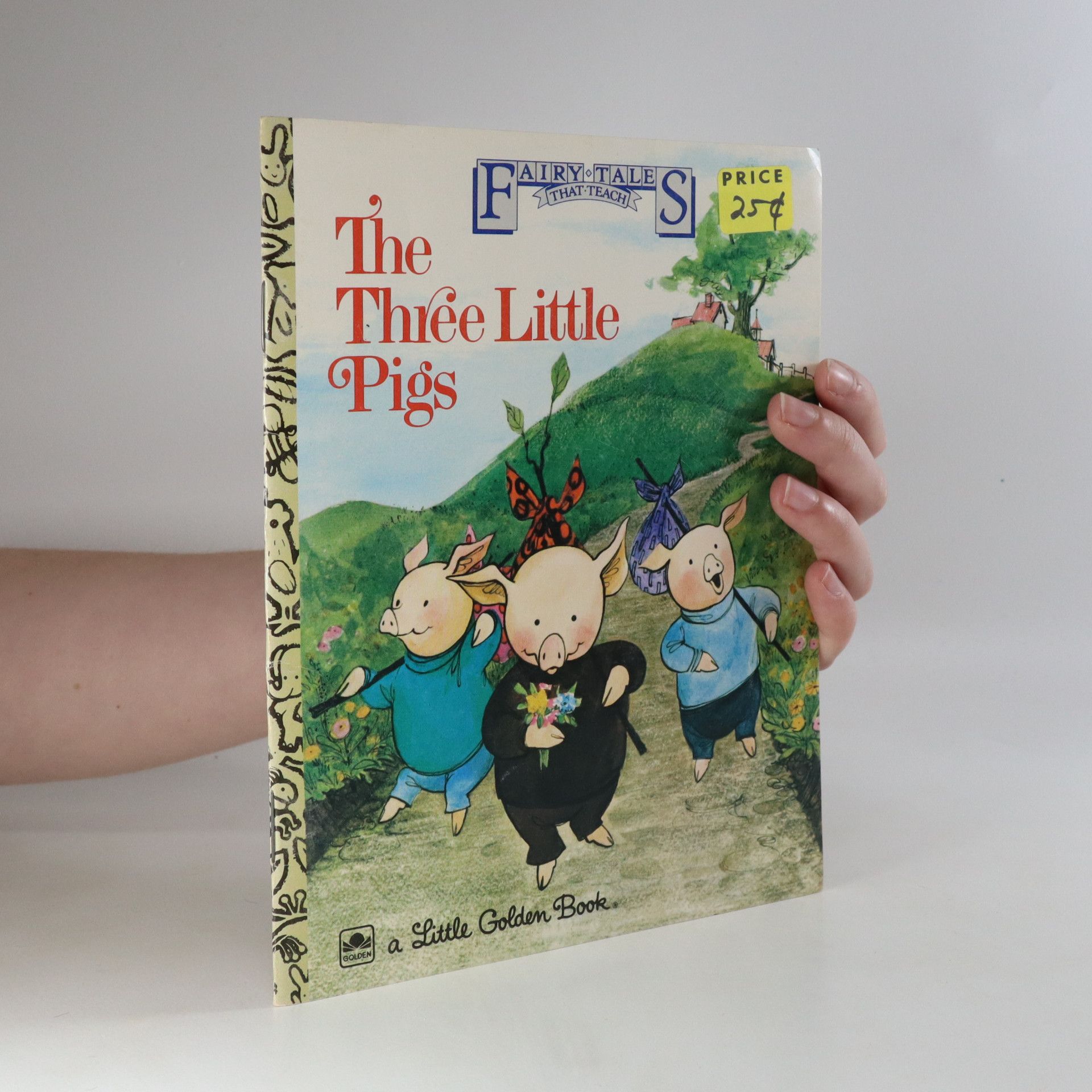Relates the adventures of three little pigs who leave home to seek their fortunes and how they deal with the big bad wolf.
Elizabeth Ross Libros
Elizabeth Ross es una autora cuya novela debutó como finalista del Premio Morris Debut de la American Library Association y del California Book Award. Su obra se caracteriza por una exploración perspicaz de la psicología humana y los matices sociales. Ross teje magistralmente narrativas intrincadas que sumergen al lector en las profundidades de las relaciones humanas y los dilemas morales. Su estilo literario es a la vez poético y directo, lo que la convierte en una narradora memorable.



Family Planting
- 282 páginas
- 10 horas de lectura
The story explores the challenges faced by a family transitioning from a wild, isolated lifestyle to the constraints of small-town living. The children, accustomed to nature and freedom, must adapt to a new home filled with delicate, untouchable furnishings and a formal atmosphere. This stark contrast highlights their struggle to navigate the expectations of their new environment while longing for the adventure and openness of their previous life.